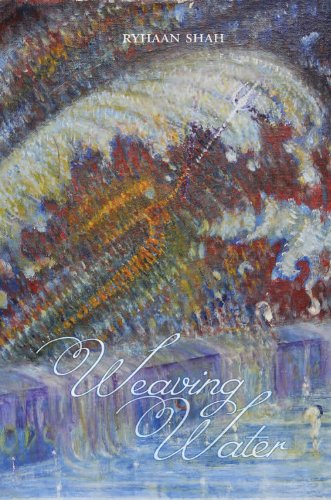Weaving Water
In the midst of a storm at sea, one life was exchanged for another and a baby girl was born, born of the very sea itself. Within her community, ethnic superstition was rife; myth and religion were often persistently bound into everyday life and, although they tried to overlook the circumstances of her birth, there are some things that you cannot ignore forever.
Rampat and Parvati are some of the last of the Indian indentured labourers to sail to British Guiana in 1917 to work the sugar plantations; it would be “easy work”, the recruiters told them, “such sweet, sweet work in the Demerara sugar lands”. Through their incomparable drive to earn for themselves a new life and to make Guiana their home, we follow their hardships, their friendships and their resolute belief in the promise of a better tomorrow.
Much is written about slavery, but perhaps less well-known is the story of the indentured labour that followed. Ryhaan Shah brings a taste of Indian mysticism to this period and weaves beautifully the myth of a devi/goddess into the actual events of the social and political awakening of the Afro- and Indo-Guyanese communities in the years that followed the outlawing of indentured labour.
Although the final words felt somewhat anti-climactic, lacking a more substantial or profound link back to the mysterious devi, I cannot deny that I had enjoyed the journey I had shared with Rampat and Parvati, their jahaji and jahajin (ship-travellers) and their children. It was perhaps Shah’s intention to retain this quiet hopeful view for the future of those who remained in Guiana, making a subtle connection to the declining beliefs in religious myth and mysticism, as India’s children continue to step further away from home.










